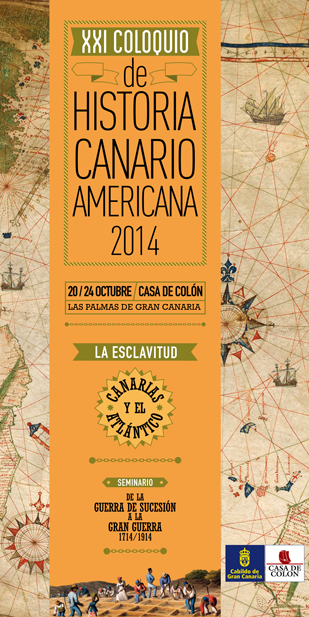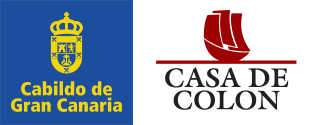La lucha canaria en Tenerife en el contexto de la Gran Guerra (1914-1918): las primeras sociedades luchísticas / Teneriffe's Canarian wrestling in the context of the great war (1914-1918): the first wrestling societies
Palabras clave:
lucha canaria, sociabilidad, campo social, prácticas y consumos deportivos, Canarian wrestling, sociability, social field, sports practice and consumptionResumen
Hasta inicios de 1910, la organización de luchas canarias en Tenerife dependerá de la iniciativa privada, sociedades, y comisiones de festejos, ornato y beneficencia. Adquiere una nueva dimensión mediante las primeras sociedades luchísticas o la inclusión del «sport regional» en el catálogo de prácticas de distintas sociedades. Todo, en el contexto de creciente popularización de prácticas y consumos deportivos, en el que la lucha canaria resulta ejemplo ilustrativo: Muestra las tensiones de un campo social específico, en estas formas de sociabilidad confluyen tanto el propósito mercantil como el deportivo, determinadas concepciones sobre formas y sentidos corporales, así como la articulación de distintas apuestas alrededor de la figura del buen indígena (el guanche), que comportan una cosmogonía propia, el impulso regionalista, así como la defensa de la religio athletae coubertiniana y el ethos deportivo garantes de un civilizado y viril espectáculo, auspiciado por la Gran Guerra y sus efectos en Canarias.
Until early 1910, the wrestling organization in Teneriffe depend on the private sector, societies, commissions festivities, decoration and charity. Takes on a new dimension with the first wrestling societies or the inclusion of “regional sport” in the catalog of practices of different societies. However, in the context of increasing popularization of sports practice and consumption, where the Canarian wrestling is illustrative: showing the strains of a specific social field, in these forms of sociability they converge both commercial purpose such as sports, certain ideas about shapes and corporal senses, and the articulation of differente bets around the figure of the Good Indian (the guanche), wich leads to a cosmogony itself, the regionalist impulse, as well as defending the coubertinian religio athletae and sporting ethos guarantors of a civilized and virile show, sponsored by the Great War and its efects on the Canary Islands.




